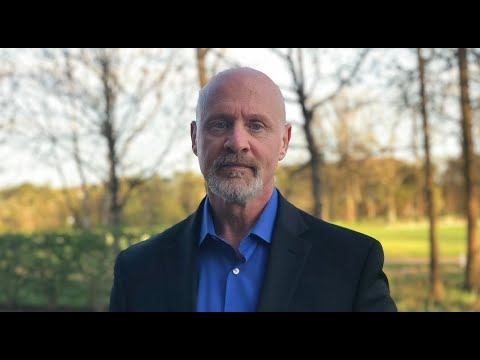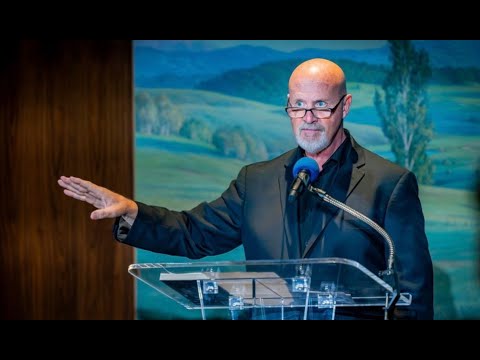As Australia entered the new millennium, the nation was riding on a high from the major success of the Sydney Olympics.
Millions around the world watched Cathy Freeman win gold at the 400m final.
And over 200,000 people marched across Sydney’s Harbour Bridge, a gesture in support of reconciliation for First Nations Australians.
“There was just so much optimism and so much pride that was just flourishing in Australia around that time… we just relive those moments, we re-observe Australia as it was back in 2000,” Director-General of the National Archives of Australia, David Fricker, told SBS News.
But despite the year of optimism, it was also a moment in history before the world would change forever.
“There are so many things in the year 2000 which are hinted at … then in the next year, in 2001, just explode, largely fuelled by the September 11 Al-Qaeda attacks in the US,” Cabinet Historian Dr Chris Wallace told SBS News.
“So in the year 2000 there’s still an air of normality that we really haven’t had since.”
‘Origin moment’: The genesis of an emissions trading scheme
While the threat of global terrorism wasn’t yet on the radar, Cabinet papers reveal the then-second-term Howard Government was grappling for the threat of global warming.
Some of the hundreds of Cabinet documents released show the Federal Government began the process of thinking about an emissions trading scheme (ETS).
Australia had signed up to the Kyoto Protocol 1998 but refused to ratify the international treaty.
“The Cabinet agreed that Australia pursue an approach on liability under international emissions trading and Kyoto Protocol compliance…” one papers reads.
Obligations to the treaty meant a domestic policy to reduce carbon emissions would need to be devised.
While the Howard Government mulled over the idea of an ETS, it wouldn’t adopt one until the 2007 election.
“These papers show the origin moment of that initiative and shows just how possible it could have been, there was certainly no sense that climate science wasn’t broadly accepted. It wasn’t even a matter for debate in cabinet,” Dr Wallace said.
John Anderson, who served as Deputy Prime Minister from 1999 to 2005, said he is dismayed to see how two decades later, Australian politics remains polarised on climate change policy.
“It’s very disheartening because it’s distracting us and dividing us when frankly we face enormous problems internationally and even internally that really require our undivided attention,” Mr Anderson said.
GST implementation
The Howard Government had a mandate to implement what was once seen as political poison: the Goods and Services Tax (GST).
It kicked in on 1 July and despite years of heated debate, it went relatively smoothly.
“The GST implementation was really a signal success for the Howard Government and it dominated cabinet’s operations for the first half of 2000,” Dr Wallace said.
“By the time we got to its actual implementation, I think we went to bed with a sort of resigned sense of we’ve done everything we can and this will probably be alright,” the Former Deputy Prime Minister said.
International conflicts and domestic implications
The Howard Government was also dealing with domestic implications of global conflicts.
After taking in almost 4,000 evacuees from Kosovo in 1999, a year later Cabinet devised a strategy to return about 400 of them.
In making the decision Cabinet noted: “There would be the potential for media and community interest in the departure of the Kosovars and for negative publicity.”
In March 2000, Cabinet also discussed a hope to normalise relations with North Korea, something that wouldn’t eventuate.
“The Committee agreed that Australia proceed to normalise diplomatic relations with the Democratic Peoples Republic of Korea (DPRK),” a cabinet minute reads.
‘Unauthorised boat arrivals’
In January 2000, a boat carrying 52 asylum seekers from the Maluku province in Indonesia was intercepted.
Cabinet discussed plans to return some of the people, but it was also left to decide how to process legitimate claims for refugee status.
“There was a sense that it could get very bad indeed. And that major political unrest in other parts of the world could have resulted in a situation where we simply couldn’t have managed and that we needed to clearly establish control of our borders is also seen as a political imperative,” Mr Anderson said.
This “unauthorised boat arrival” would foreshadow the “Tampa crisis” the following year.
In 2001, a Norwegian cargo ship, Tampa, rescued more than 430 asylum seekers from a sinking Indonesian fishing boat in international waters.
They were seeking safe haven in Australia but Prime Minister John Howard refused to let the ship enter Australian waters.
The controversial “Pacific Solution” would later ensue.
“The papers show the government walking down a hard crackdown policy,” Dr Wallace said.
However, Mr Anderson defended the Government’s approach: “By and large, in terms of the international refugee problem and trying to ensure the most needy people and giving them access to this country.
“It’s far more generous than most other countries around the world. That is too often overlooked.”









